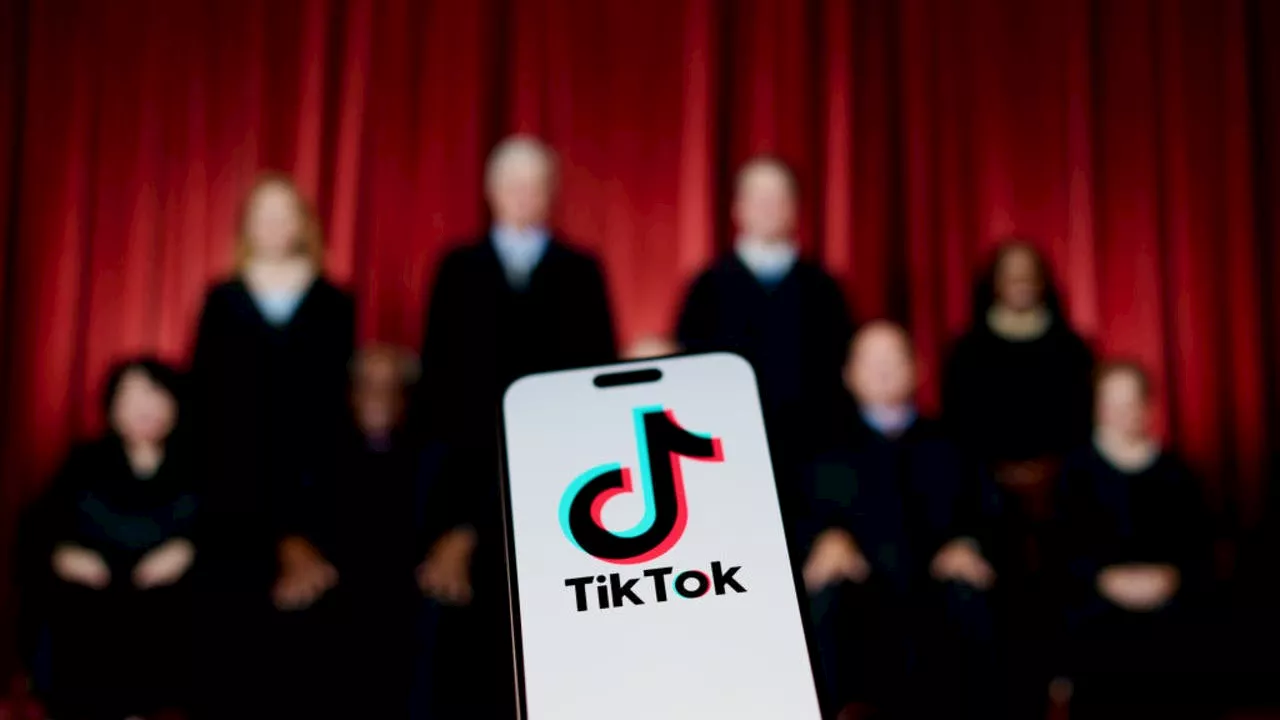The Supreme Court is poised to decide the future of TikTok in the United States. A law requiring ByteDance, TikTok's parent company, to sell its US operations by January 19th or face a nationwide ban is under review. The court heard arguments on January 10th and while justices expressed skepticism towards TikTok's First Amendment claims, a decision date remains unclear. Potential buyers, like Project Liberty, are vying for the US assets, but any deal faces hurdles due to China's claim over TikTok's algorithm.
The Supreme Court is preparing to issue a ruling that could determine TikTok’s future in the United States. With a Jan. 19 deadline approaching, ByteDance, TikTok’s parent company, is required to sell its U.S. operations or face a nationwide ban. The legislation, signed into law by President Joe Biden last year, cites national security concerns over the app’s ties to China.
The law, passed last year and signed by President Joe Biden, cites national security concerns over the company’s ties to the Chinese government.If upheld, the law would remove TikTok from U.S. app stores, making it inaccessible for new downloads. Existing users could still use the app, but it would degrade over time without updates or technical support.The Supreme Court has not announced when it will issue a ruling, though the Jan. 19 deadline adds urgency.
TIKTOK SUPREME COURT NATIONAL SECURITY FIRST AMENDMENT DATA PRIVACY
United States Latest News, United States Headlines
Similar News:You can also read news stories similar to this one that we have collected from other news sources.
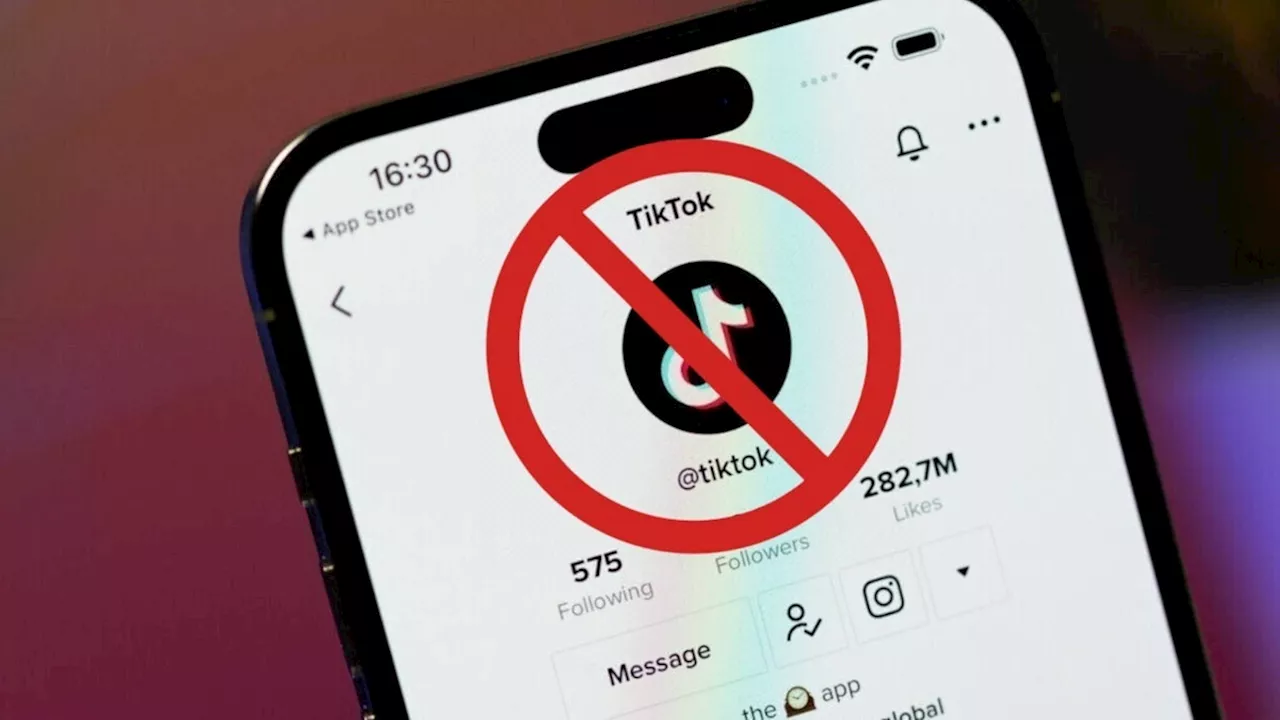 TikTok Ban Looms as Supreme Court Hears CaseThe Supreme Court heard arguments today in the case of TikTok's potential ban in the U.S. The Biden Administration has demanded ByteDance, TikTok's parent company, sell the app or face a ban by January 19th. TikTok argues there is no evidence to support claims it poses a national security threat or sends propaganda. Despite previous attempts by the Trump Administration to ban the app, President Trump now supports TikTok, potentially as a strategy to win the youth vote. The Supreme Court's decision could have major implications for the future of TikTok in America.
TikTok Ban Looms as Supreme Court Hears CaseThe Supreme Court heard arguments today in the case of TikTok's potential ban in the U.S. The Biden Administration has demanded ByteDance, TikTok's parent company, sell the app or face a ban by January 19th. TikTok argues there is no evidence to support claims it poses a national security threat or sends propaganda. Despite previous attempts by the Trump Administration to ban the app, President Trump now supports TikTok, potentially as a strategy to win the youth vote. The Supreme Court's decision could have major implications for the future of TikTok in America.
Read more »
 Chinese Government Considers Elon Musk Acquisition of TikTok's US BusinessIn a surprising development, the Chinese government is reportedly exploring a plan for Elon Musk to acquire TikTok's US operations amidst the ongoing legal battle surrounding the app's fate in the United States. This contingency plan is being considered as the US Supreme Court prepares to rule on a law that could effectively ban TikTok in the country. The report, citing anonymous sources, details how the Chinese government is evaluating several options for TikTok's future in the US. One such option involves Musk overseeing both X, the social media platform he currently owns, and TikTok's US business. However, the report emphasizes that this plan remains preliminary and Chinese officials have yet to make a final decision. The involvement of ByteDance, TikTok's parent company, and Musk in these discussions remains unclear. This news emerges as the US Supreme Court reviews a law passed in April that requires ByteDance to divest TikTok's US operations by January 19th. The court's decision is expected to have a significant impact on TikTok's future in the United States.
Chinese Government Considers Elon Musk Acquisition of TikTok's US BusinessIn a surprising development, the Chinese government is reportedly exploring a plan for Elon Musk to acquire TikTok's US operations amidst the ongoing legal battle surrounding the app's fate in the United States. This contingency plan is being considered as the US Supreme Court prepares to rule on a law that could effectively ban TikTok in the country. The report, citing anonymous sources, details how the Chinese government is evaluating several options for TikTok's future in the US. One such option involves Musk overseeing both X, the social media platform he currently owns, and TikTok's US business. However, the report emphasizes that this plan remains preliminary and Chinese officials have yet to make a final decision. The involvement of ByteDance, TikTok's parent company, and Musk in these discussions remains unclear. This news emerges as the US Supreme Court reviews a law passed in April that requires ByteDance to divest TikTok's US operations by January 19th. The court's decision is expected to have a significant impact on TikTok's future in the United States.
Read more »
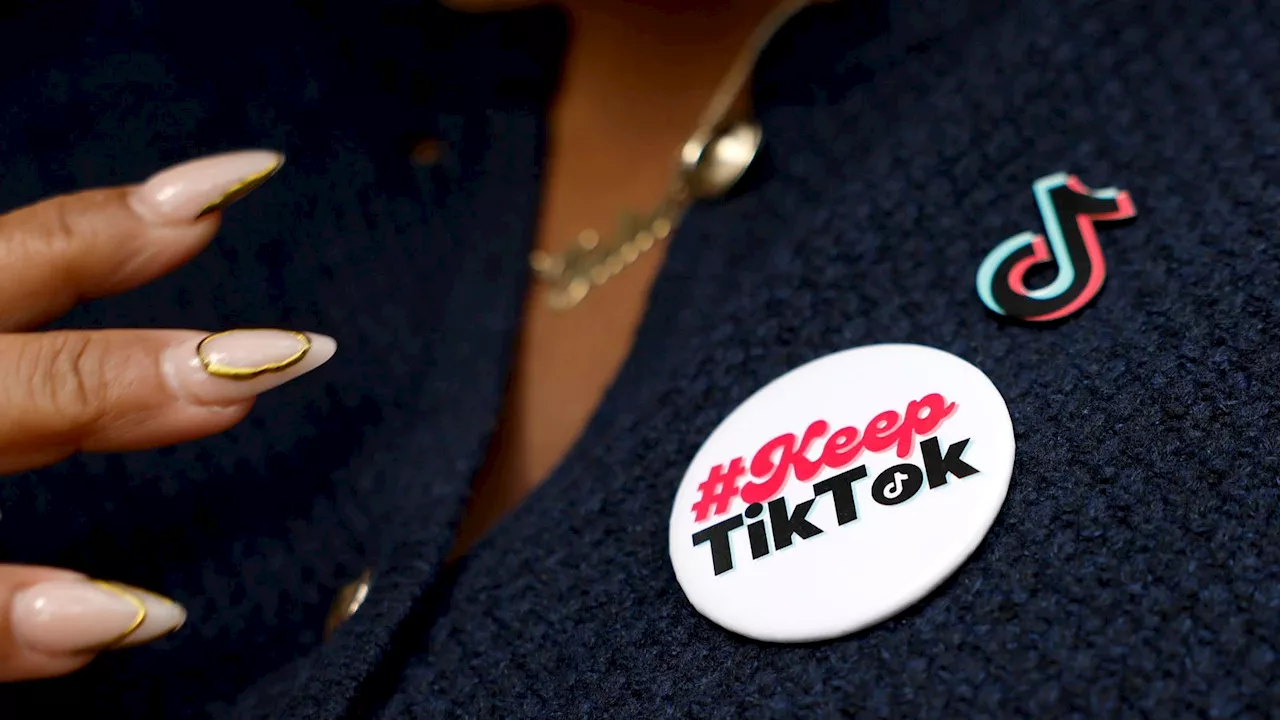 TikTok Asks Supreme Court To Stop Federal BanThe law is scheduled to take effect Jan. 19 if the high court doesn’t step in.
TikTok Asks Supreme Court To Stop Federal BanThe law is scheduled to take effect Jan. 19 if the high court doesn’t step in.
Read more »
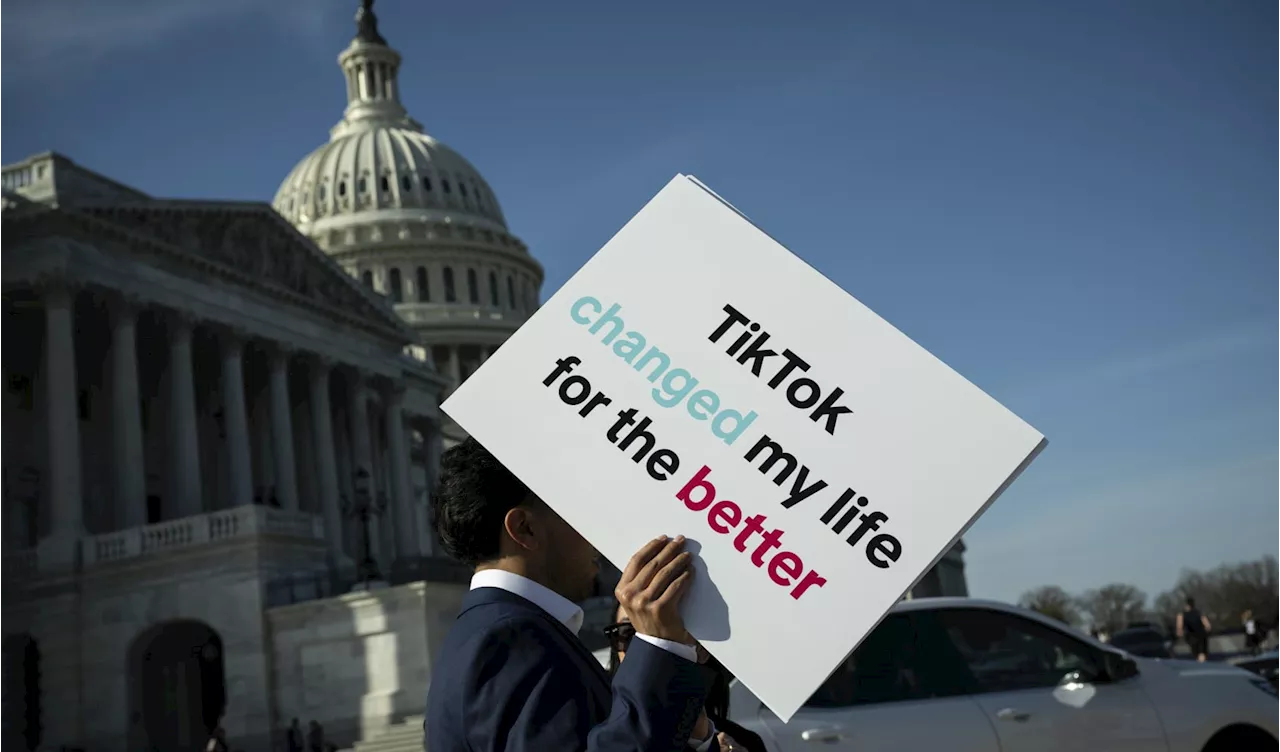 TikTok asks Supreme Court to block U.S. ban pending appealTikTok asked the Supreme Court to temporarily block a potential ban on the popular social media app pending an appeal of a lower-court ruling. A three-judge…
TikTok asks Supreme Court to block U.S. ban pending appealTikTok asked the Supreme Court to temporarily block a potential ban on the popular social media app pending an appeal of a lower-court ruling. A three-judge…
Read more »
 TikTok asks Supreme Court to block law that could ban popular appLawrence Hurley is a senior Supreme Court reporter for NBC News.
TikTok asks Supreme Court to block law that could ban popular appLawrence Hurley is a senior Supreme Court reporter for NBC News.
Read more »
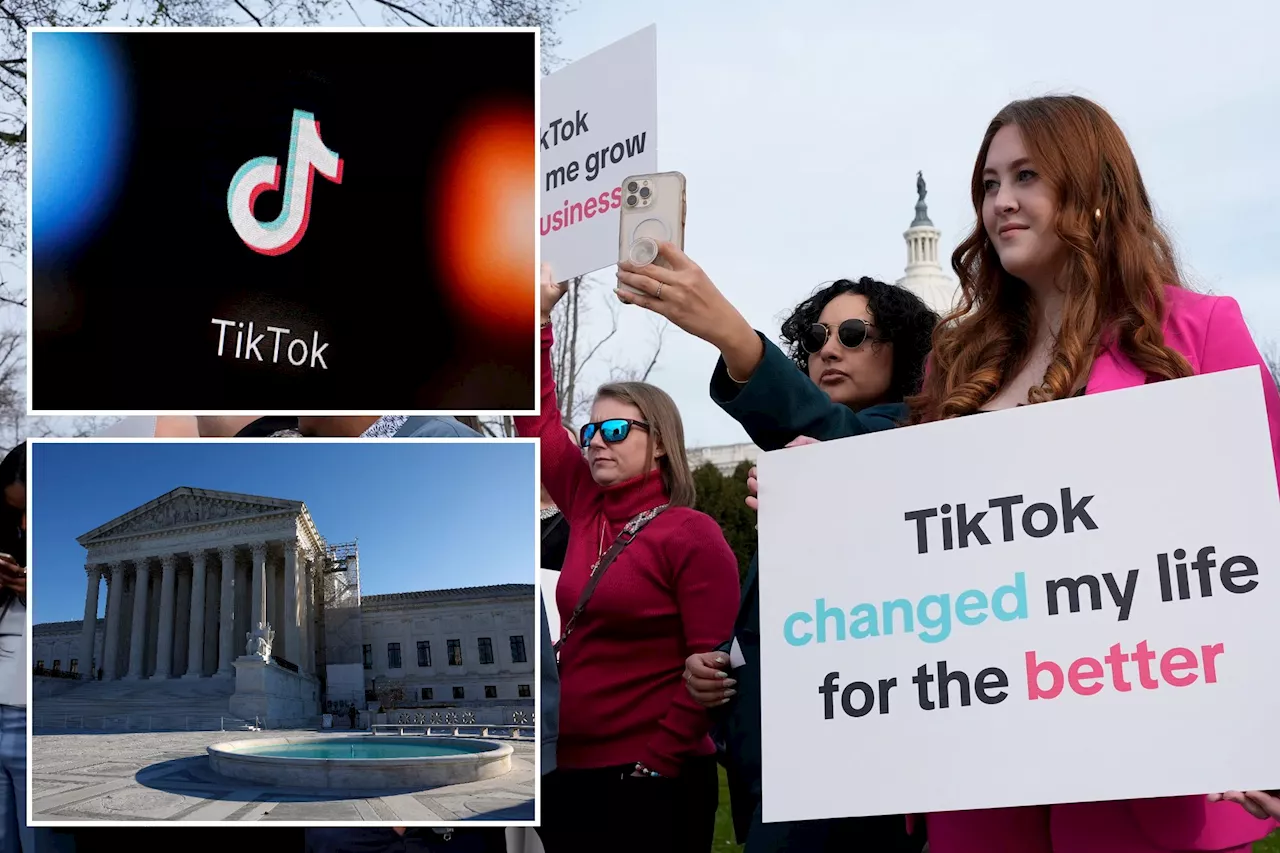 TikTok turns to US Supreme Court in last-ditch bid to avert banTokTok and ByteDance sought an injunction to halt the looming ban on the social media app used by about 170 million Americans while they appeal a lower court’s ruling that upheld the law.
TikTok turns to US Supreme Court in last-ditch bid to avert banTokTok and ByteDance sought an injunction to halt the looming ban on the social media app used by about 170 million Americans while they appeal a lower court’s ruling that upheld the law.
Read more »
